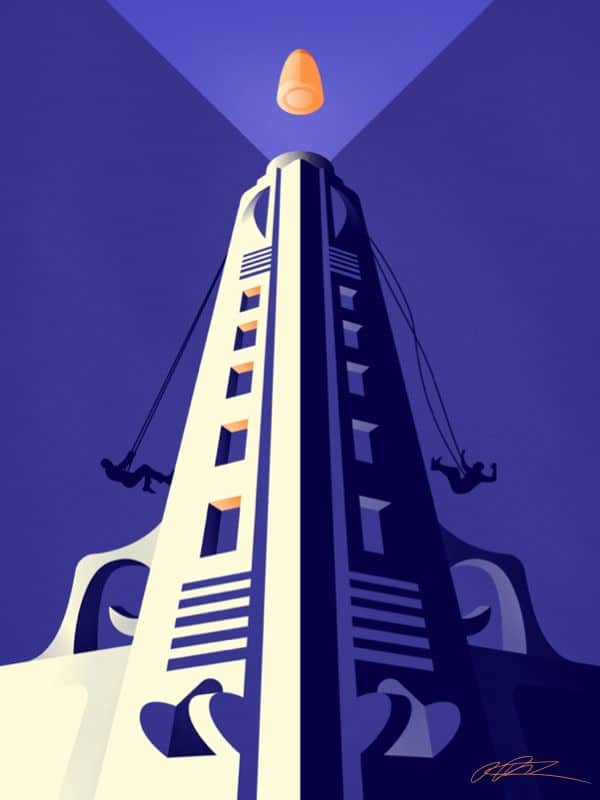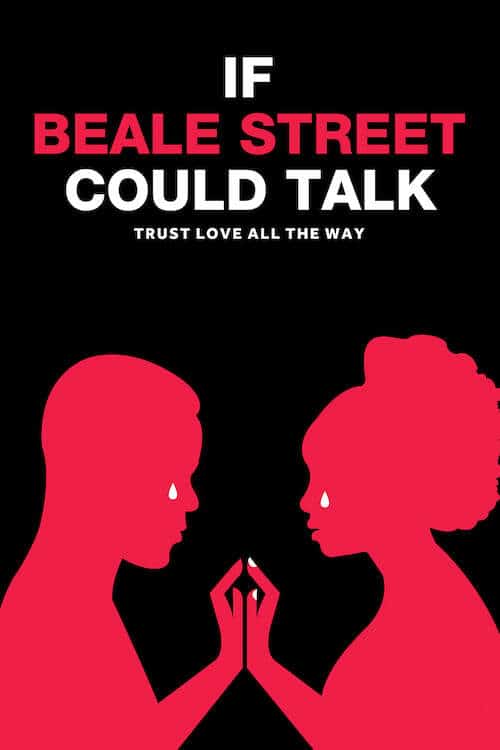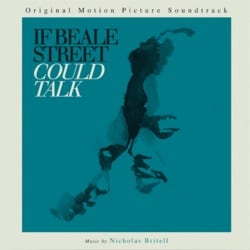
After a prolonged absence, 2021’s award season is finally here, starting with the 78th Golden Globe Awards. Although the Golden Globes are renowned for making some surprising (or downright bizarre) nominations, this year’s nominations for Best Original Score were fairly safe and included a slate of familiar composers, having already had a combined 19 Golden Globe nominations and 3 wins.
- The Midnight Sky – Alexandre Desplat
- Tenet – Ludwig Göransson
- News of the World – James Newton Howard
- Mank – Trent Reznor & Atticus Ross
- Soul – Trent Reznor, Atticus Ross, & Jon Batiste
The nominated scores include some of the most popular of 2020 – namely Tenet and Soul – which could help to add more attention to this relatively niche area. But, frankly, it’s hard to get particularly excited for any nominee. Each score has filled almost every critics association and awards list thus far and the choices seem more based on commercial appeal or name recognition than anything else.
The Scores
Reznor and Ross managed to nab two nominations (and will likely do the same at the BAFTAs and Academy Awards). The first is for Mank, which is potentially their most interesting and uncharacteristic score. Rather than electronic soundscapes, Mank is a grab bag of 1930s and 1940s jazz sketches (using period-appropriate instruments as well). Soul sees the duo return to their traditional style, crafting a dreamlike atmosphere for the Great Beyond while Jon Batiste brings a lively, modern jazz sound to fill the film’s rendition of New York. Batiste’s contribution is the highlight, and hopefully sees him continue to work in film music.
Göransson’s work on Tenet has been divisively received, with a particular disdain from film music purists. But the score’s popularity and creativity cannot be overlooked. It’s filled with endless ideas that one can easily lose sight of amidst the monolithic noisy, metallic sound that permeates throughout. Among the nominees it is certainly the most inventive but, perhaps as a result, it also sounds the least like a “film score.”
Conversely, James Newton Howard’s News of the World is the most traditional film score of the five. Howard’s score is a sparse, contemplative Western (not to be confused with, say, the stylings of some of Morricone’s seminal works). When the score gets going, it has the best cues of any nominee, but unfortunately also has a tendency to drag on.
Desplat’s The Midnight Sky is the oddest choice of the bunch. The film itself was disliked by critics and panned by audiences, while Desplat’s score received criticisms of being jarring and clashing with the film (with the released score clocking in at 1.5 long hours). There’s a lot to like as well, namely its slow-building, introspective nature and its very intimate spin on sci-fi scoring.
Prediction
At this stage in the awards season, the award is Soul’s to lose. Soul has won almost every best original score award to date and that momentum hasn’t yet shifted. Of course, stranger things have always happened.
Result
It’s no surprise, but Reznor, Ross, and Batiste came away with the Golden Globe for their work on Soul. Expect their wins to continue (the trio subsequently picked up an award from the SCL for this score as well)!



